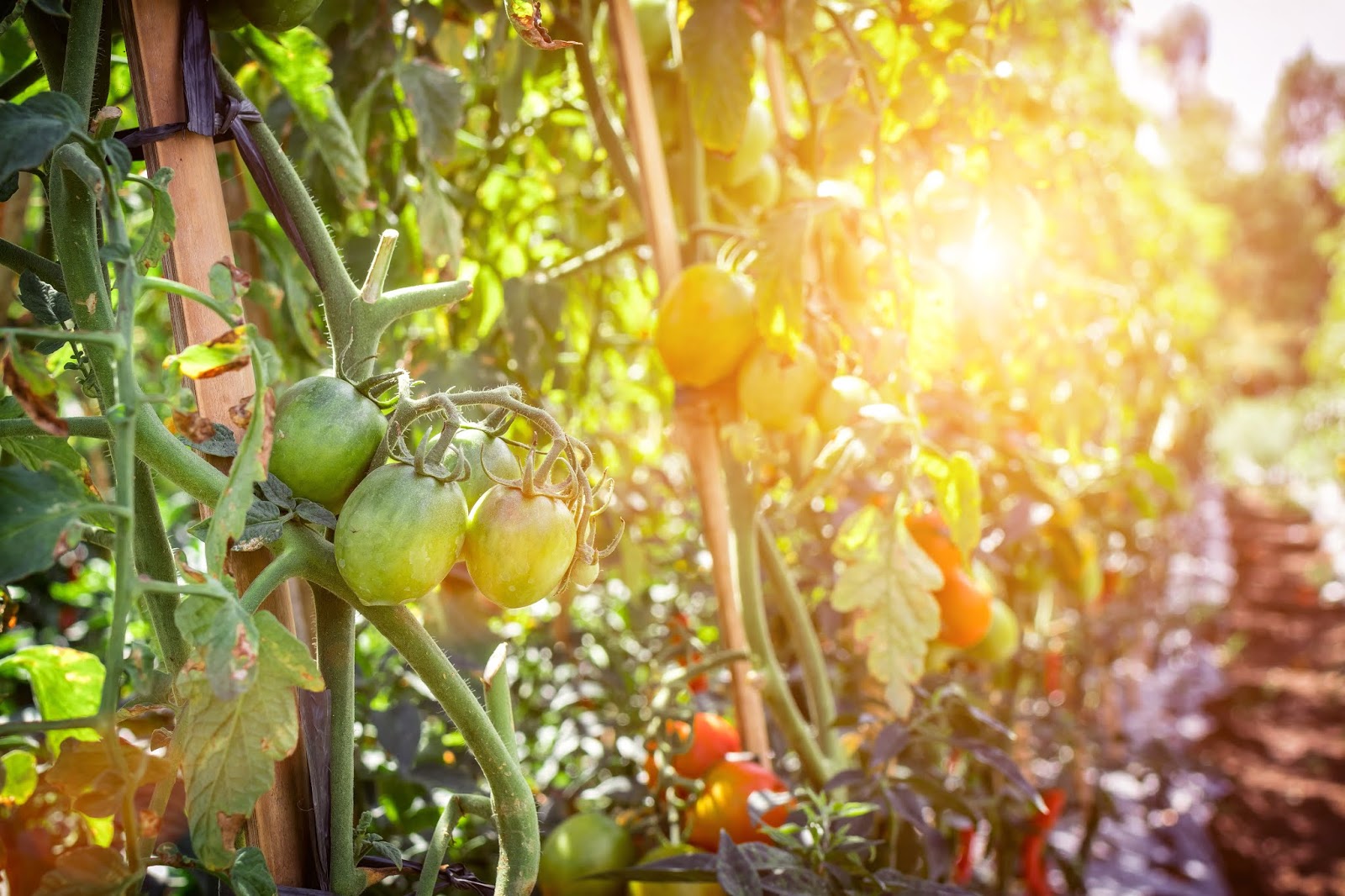Organic food is not a recent trend or a fad as it is made out to be. Before the green revolution, everything grown in India was by default organic. At a basic level, let’s first understand the difference between Organic farming and conventional farming
Organic Farming is farming in union with Mother Nature whereby no manmade chemicals are used on the farm, right from the seeds to the harvesting stage. Instead, the farmer uses the farm leftovers like cow dung, cow urine, green mulching etc to use them as nutrients and also for doing any pest/disease management.
Organic farming doesn’t believe the killing pests, moths, or any other insects but respects the nature value chain and their roles. Instead, it allows everyone to co-exist on a farm while using things like multi-cropping, trap crops, the concept of friend Pests to do farming. The focus is also on improving the soil’s strength by increasing its carbon footprint naturally and encouraging natural bio-organisms to grow within the soil.
In conventional farming, the farmer uses manmade chemicals and sprays pesticides, insecticides on plants that are poisonous in nature. In-fact at the seeds stage itself, GMO seeds may be used instead of native varieties. To improve the germination of these seeds, they are treated with chemical solutions, given artificial promoters to ensure sapling growth is enhanced. There are continuous sprays of pesticides, fungicides to save plants from getting diseases, rather than increasing the soil strength.
So, in that respect the Organic Food and Inorganic food differs in the following ways:
Organic Food vs Non-organic Food
- Organic food will be completely chemical-free while inorganic food will create traces of pesticide residues which can be dangerous for human consumption.
- Organic food, because it is not grown using any kind of synthetic fertilizers etc, will be smaller in size as compared to Inorganic food which will grow bigger in size due to these artificial growth promoters.
- Organic food may also not be as shiny as its In-organic counterpart as it is not sprayed with colours, chemicals to increase the shelf life or to look fresh and beautiful.
- Organic food shelf life is less as there in the external coating, waxing, or colouring done.
- Organic vegetables and fruits may also get little worms at times inside the fruit. Where there are no Pesticides, there may be pests.
- The availability is limited for the organic food as currently very few number of farmers are pursuing organic farming in India and therefore logistics is a challenge.
- The shape of organic vegetables, fruits will be different from the other fruits or vegetables from the same tree or plant while one may find inorganic fruits to be consistent in shape, size, texture and even taste – Diversity is the hallmark of organic food.
- Since there is no fumigation of any chemicals in storage also for Organic food, at times the dry groceries pay get some worms. There is no need to worry and one should simply put the packet in sun and the worms will go away. It just means that it is pure and chemical-free.
- Organic fruits, vegetables may not be available throughout the year as it is grown in sync with nature while non-organic food availability is mostly ensured round the year using artificial growth promoters and GMO seeds.
The nutritional value of organic food is much higher as compared to conventionally grown or inorganic food. That’s why it is recommended to eat organic food when someone is unwell or recuperating and wants to build immunity. In fact, we have seen that people maintaining a chemical-free food lifestyle over a long period have higher levels of immunity and are healthier as compared to people eating chemical laden food.
Organic food is also very good for the farmers who grow it as it helps them earn more money compared to conventionally grown food. Incomes of organic farmers have increased faster as compared to in-organic food farmers.
Lastly, organically grown food is good for the planet as a whole as it promotes sustainable farming, puts let’s pressure on resources and also maintains the fertility of the soil and keeps the ecosystem under balance.
For the betterment of the health of Mother Nature, our family’s health we should all go back to our roots and support organic farmers and switch to organic food.
Thank You
By
Deepak Sabharwal
Deepak Sabharwal, is an MBA turned organic farmer who did hands-on organic farming for 5 years before setting up Earthy Tales which mentors organic farmers and helps build market linkages for them.

